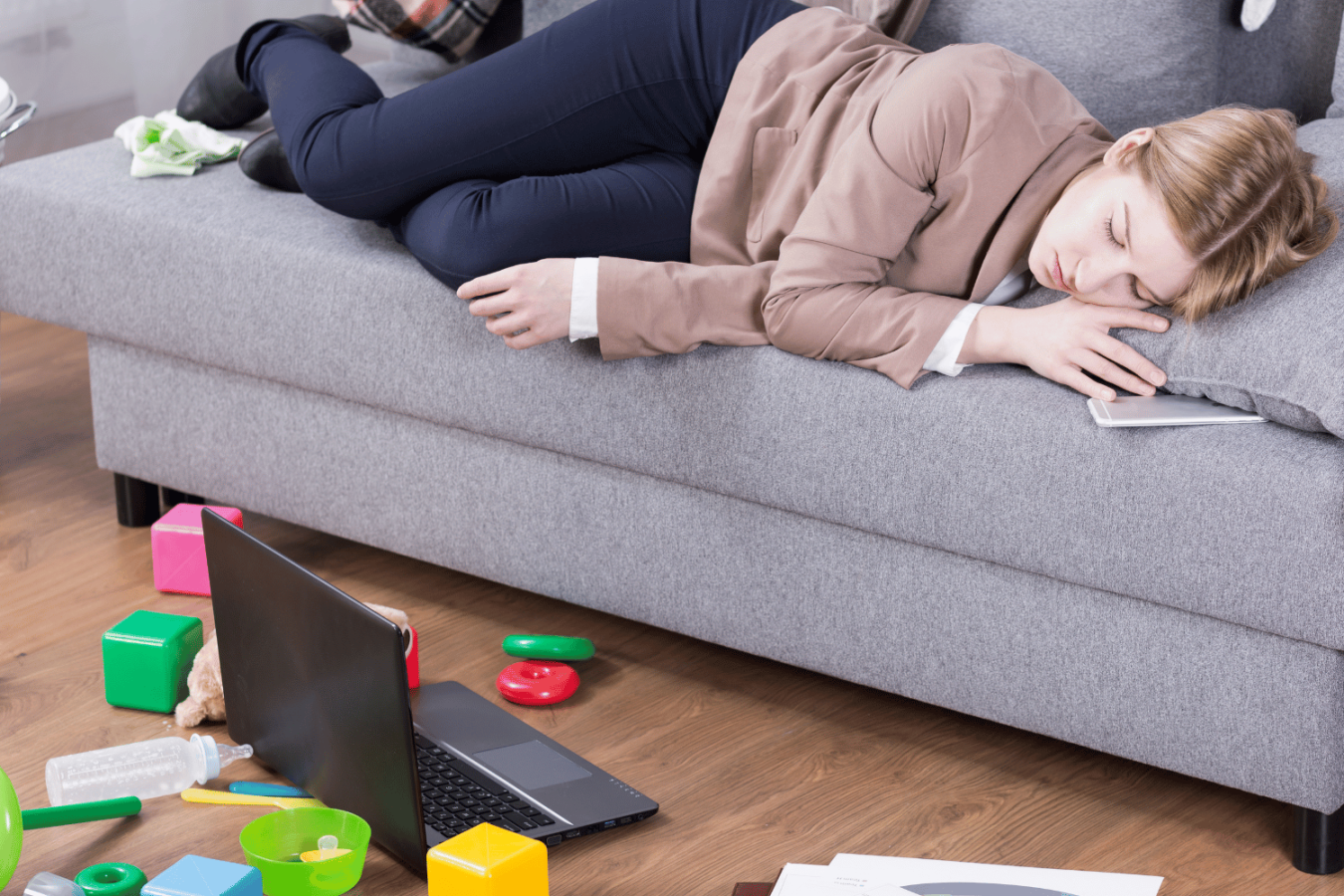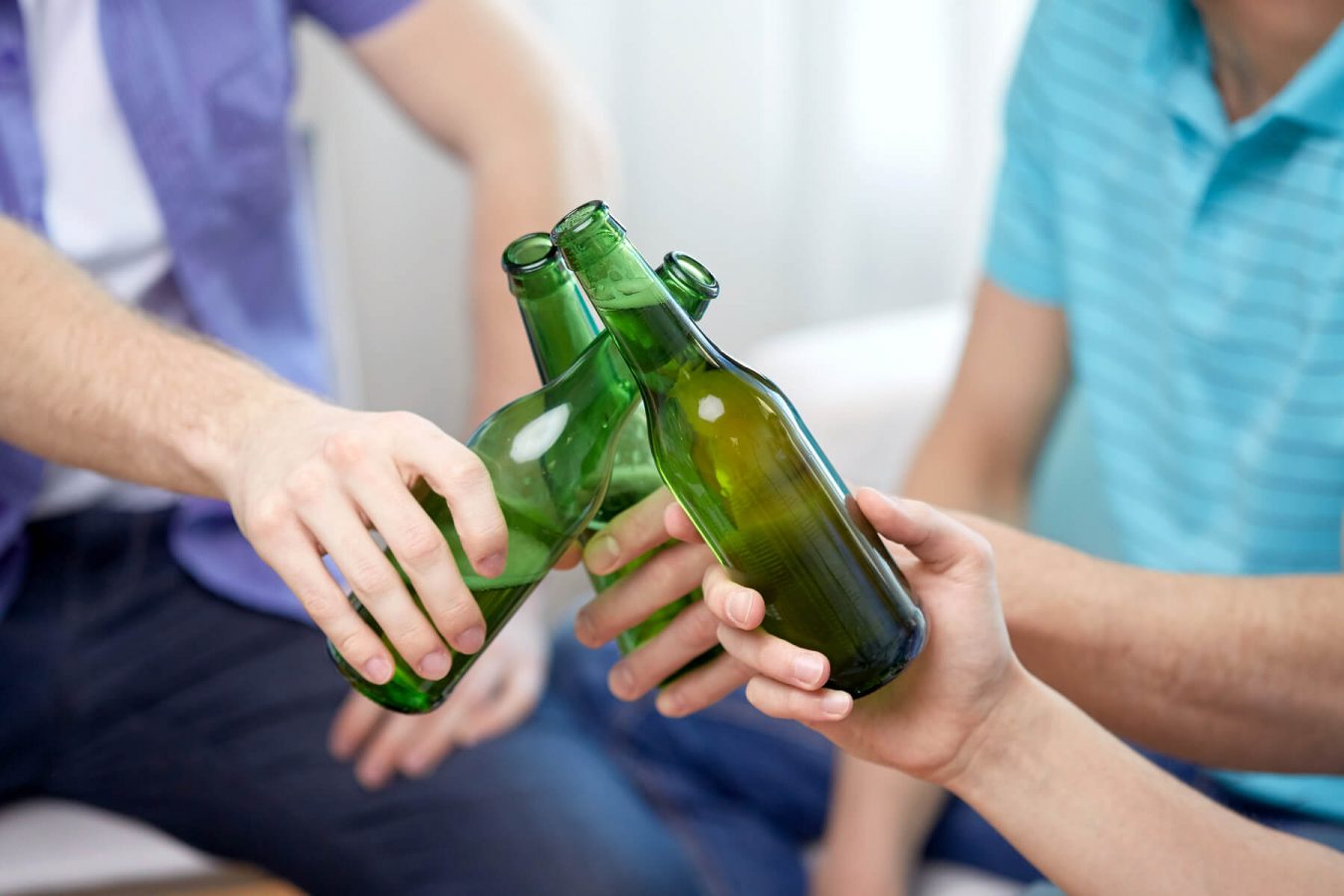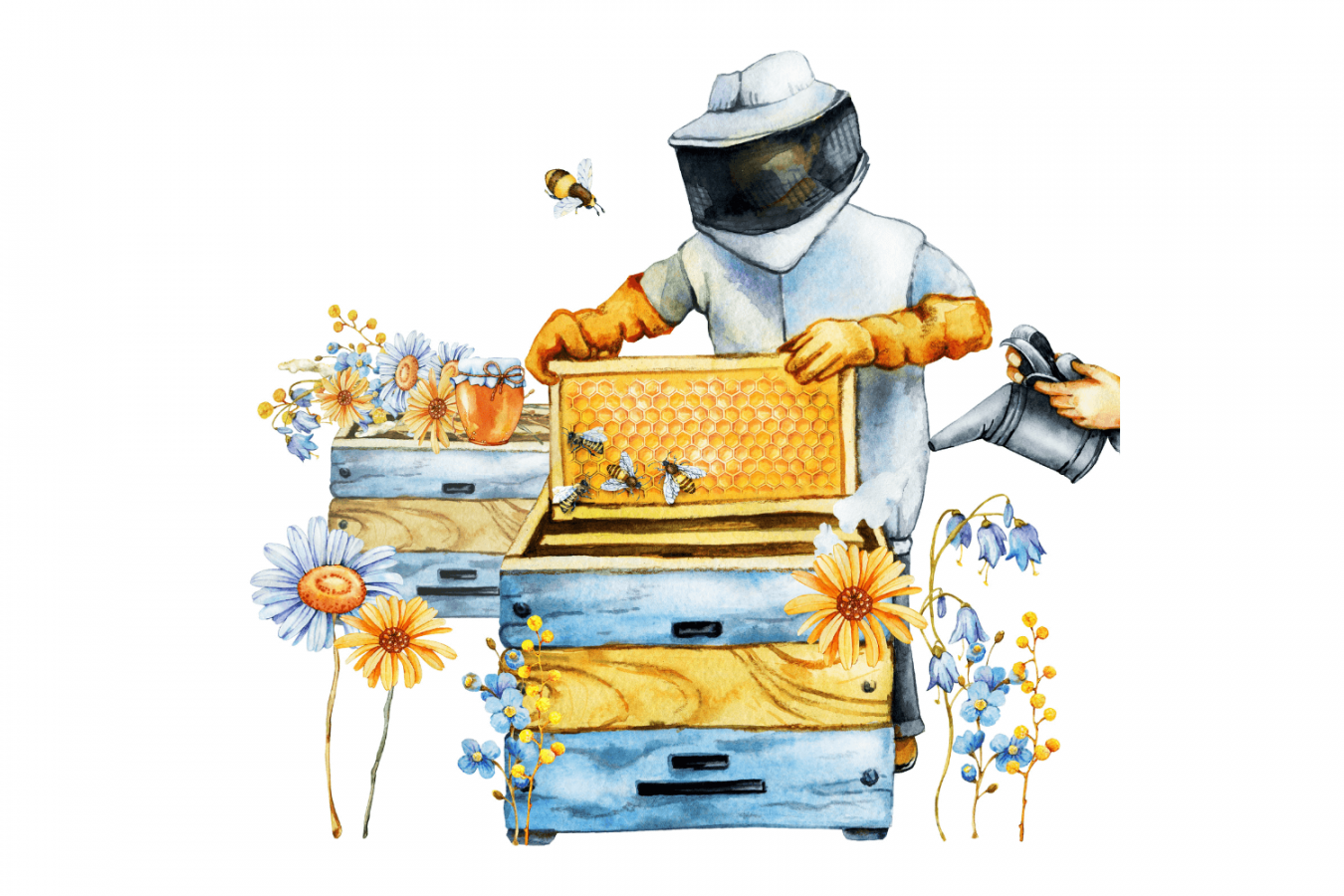
What to consider when your teen asks for a non-alcoholic beer or wine, self-care tips for parents from mental health experts and how to help young people with dyslexia.
Our selection of thought-provoking and useful resources from around the web on educating and raising children, and supporting families.
What to know before giving your teen non-alcoholic beer or wine
(Kellie Scott, ABC Everyday)
As non-alcoholic drinks rise in popularity, some families are beginning to wonder if it’s OK to allow their young people to drink them. The article explains that giving alcohol-free alternatives to teens might raise a few eyebrows. However, it is a topic worth discussing, considering the cultural and social aspects associated with alcohol consumption.
Dr Amy Pennay, a senior research fellow from La Trobe University’s Centre for Alcohol Policy Research, points out, ‘… they could serve as a “gateway”, or normalise the consumption of alcohol’.
Professor Tim Slade from The Matilda Centre for Research in Mental Health and Substance Use says it’s worth knowing ‘the supply of alcohol from parents to adolescents does increase their likelihood of riskier drinking patterns later on’.
‘The very clear finding is provision of alcohol by parents in any given year is associated with doubling of the risk of binge-drinking a year later’, he said.
Ultimately, Professor Slade urges parents to consider what message providing something that ‘looks, smells and tastes like alcohol’ is sending to their child.
Read the full articleSelf-care for parents
(UNICEF)
As parents, taking care of your mental health often takes a back seat in parenting. This article offers some helpful advice on taking care of your mental health with strategies to help navigate the ups and downs of parenting – from mental health experts.
Dr Hina Talib says, ‘Time for self-care feels out of reach for me – it literally slips through my fingers as I run around parenting my two young children and completing the tasks of my day job. I always feel on duty’. She says, ‘I prioritize self-care by baking it into my routines with my children and at work’.
The article emphasises the importance of self-care and offers tips like setting boundaries, seeking support, and practising self-compassion.
‘When we care for ourselves, we are better able to care for our children. And caring for ourselves underscores for our children the importance of self-care while also showing them how it’s done’, says Dr Lisa Damour.
The article provides valuable insights on striking a healthy balance, reducing stress, and cultivating resilience.
Read the full article'The way I was taught disabled me': How to help young people with dyslexia
Dyslexia, often referred to as a hidden disability, affects millions of people worldwide. The article explains that dyslexia is not simply a matter of reversing letters or struggling with reading and writing. Instead, it is a complex learning difference that can affect various aspects of a person’s life.
Sarah Asome a mum of two children with dyslexia, is a primary school principal and heads up the parent advocacy group CodeREAD. She says, ‘There is a child with dyslexia in every classroom’.
‘They often have difficulties in learning and picking up rhymes, so, trouble picking up nursery rhymes and words that rhyme.’
For Chole Ford, school became a place of stress and anxiety. ‘I was as smart as my peers — but I was struggling with this’, she says of tasks involving reading or writing. And it only got worse in high school.
‘I really became very self-conscious about my suddenly very stark inability to do the things that were being asked of me.’
The article explains that early intervention and advocacy in primary school can make it easier for children with dyslexia in secondary school.
Read the full article

